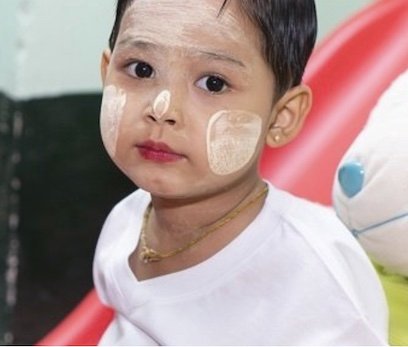WHO releases suite of tools for childhood cancer treatment
February 17, 2021 | Wednesday | News
The tool will enable national cancer programmes to develop tailored approaches for cancer control in their setting
Source: www.who.in
A suite of tools to help countries improve diagnosis and treatment of cancer among children is being released by the World Health Organization, on International Childhood Cancer Day.
The new ‘how-to’ guide, is based on four pillars: centres of excellence with defined referral pathways and a trained workforce; inclusion of childhood cancer in national benefit packages for universal health coverage; treatment standards based on evidence and tailored to local capacity; and robust information systems for continuous monitoring of programme performance. Case studies from countries which have begun implementing the CureAll approach, such as Ghana, Peru and Uzbekistan, are also included.
New assessment tool to facilitate the design of tailored approaches for cancer control
The tool, developed under the leadership of WHO with the International Atomic Energy Agency, the International Agency for Research on Cancer and other partners, will enable national cancer programmes to develop tailored approaches for cancer control in their setting.
Multilingual portal for information-sharing
The portal, with content in six languages, offers focal points for cancer in ministries of health a forum for establishing and managing partnerships, organising training programmes and sharing resources.
The avoidable burden of childhood cancer: time to accelerate action
As of early February, more than 1500 childhood cancer patients from 48 countries had tested posted for COVID-19.
Data available appears to indicate that the effect of COVID-19 on children with cancer is less severe than feared, although there remains a concern about the effect of the pandemic on willingness to seek care and complete therapy.
“Providing childhood cancer care and implementing the Global Initiative remain priorities during the COVID-19 pandemic and will continue to be priorities when it ends,” said Dr Bente Mikkelsen, Director, Department of Noncommunicable Diseases WHO.









